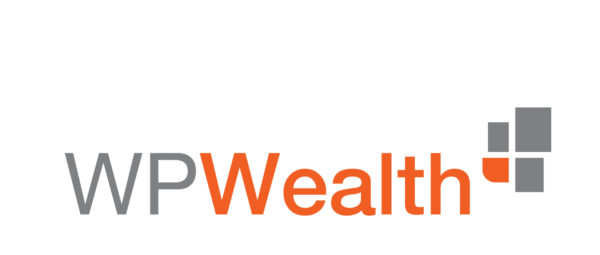Buying a home is a major financial decision, and it’s important to have a solid understanding of your finances before taking the leap. By being financially knowledgeable, you can make informed decisions about your home purchase, such as determining how much you can afford, what type of mortgage is best for your situation, and how to budget for ongoing expenses such as maintenance and repairs. Our WPWealth advisors have gathered primary points to note when buying a home. Read below and do not hesitate to contact a member of our team to learn more.
1. What are the tax benefits of buying a home?
- State and Local Tax Deduction – By itemizing on your federal return, you can deduct taxes paid to state and local governments. Whether you’re single or married filing jointly, the $10,000 cap remains the same. Remember, the deduction limit is based on the combined total of state income, local income, sales, and property taxes.
- Mortgage Interest – As a homeowner, you can claim a deduction on your mortgage interest for up to $750,000 of mortgage debt ($375,000 if married filing separately).
2. What are the different types of mortgages?
- Fixed Mortgage – Your mortgage rate stays the same each year, for the term of the loan.
- Adjustable-Rate Mortgage (ARM) – You have a fixed interest rate for an initial period. Once that period is up, your interest rate may adjust periodically based on current market rates. You may be able to take advantage of lower rates and potentially save money on your mortgage payments.
3. What is Earnest Money?
- Earnest money serves as a safeguard for both the buyer and the seller. Guidelines vary by state. If the buyer successfully acquires the property, the earnest money may be put towards the down payment. Alternatively, if the buyer decides to withdraw during the option period, they may forfeit the earnest money. If the seller withdraws, the buyer is entitled to a refund of the funds.
4. Are there any additional expenses that you should consider?
- In addition to your mortgage payment, there are other fees to consider such as utilities, water, trash, landscaping, and pest control. Depending on the community there may also be HOA fees.
- Your property taxes and homeowner’s insurance can be included in your mortgage payment via Escrow. This means that the lender collects funds from you each month to hold in an escrow account and then pays taxes and insurance on your behalf annually.
5. Preparing for the unexpected
- Create an emergency fund to account for unexpected expenses such as medical emergencies, car repairs, or unplanned travel.
6. What helpful resources would you recommend?
- Bankrate
- Zillow
- Redfin
- Relators
- Podcast episode to learn more
Click play below to listen to WPWealth professionals discuss these six tips in greater detail!



